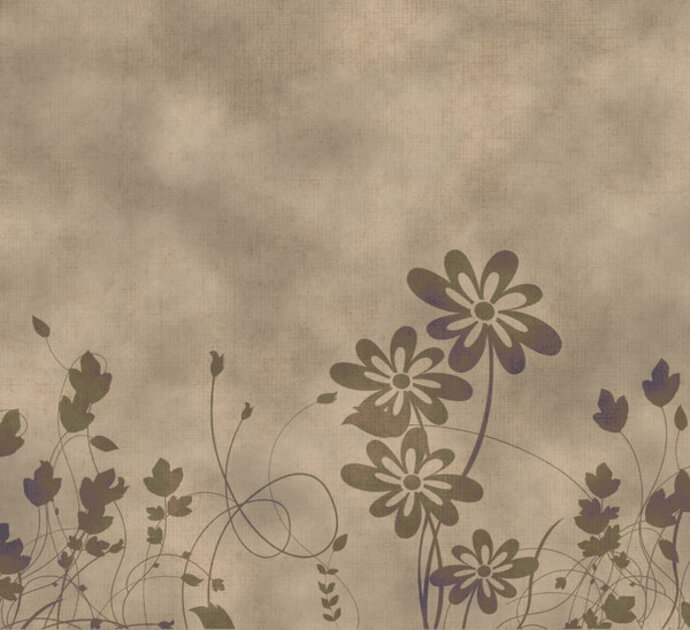
Does your soul consent to being born? Does some part of you choose to enter into a particular body and form of existence at a particular time? If we do say that is true, then it makes the world seem a lot more fair. We see a person who appears to have physical deformities or illness and rightfully notice suffering in this world. But, what if the person’s soul CHOSE to occupy that body at that time, for some reason that the soul knew was good for it. We will never really know, but as we discuss today’s Gemara, we might find a proof for this idea.
Our Gemara on Amud Aleph discusses the status of the world right after creation:
All the acts of Creation were created with their full stature, immediately fit to bear fruit; they were created with their full intentions; they were created with their full form.
This tradition predates any scientific and paleontological problems that have been raised by the fact that we have stars whose light years are further than the entire Biblical date of 5782 since creation, or the geological evidence of millions of years of planetary formation. If you understand that God formed the world in complete maturity, He then front loaded all the light and other historical phenomena that an immature universe would have gone through.
Another interesting feature of this Gemara revolves around a machlokes Rashi and Tosafos of how to interpret the phrase “לְדַעְתָּן נִבְרְאוּ” “ with their full intentions”. Rashi learns that God consulted with each creation (or better stated its angelic representative, or its true essence, see Shem MiShmuel Bereishis 13). Tosafos and Ritva understand “לְדַעְתָּן נִבְרְאוּ” in a more pashut manner, meaning in their fully developed mature intellectual state.
Why would Rashi subvert the simple peshat, and instead insert this notion of God consulting with every created act? It would appear that Rav Yosef Albo (Sefer HaIkkarim II:23) understood Rashi as speaking metaphorically, that being the most complete creation is one in which all matters are fully settled and intrinsically has full consent. Thus, Rashi is really saying that the Gemara is saying, all of creation fully consented in a sense that it was a complete intrinsically valid process.
Beis Yaakov on Torah (Vayigash 15) says a beautiful idea. Since life and physical existence is full of hardships, God could not impose this existence upon itself without permission with the objects and entities he created. If this is so, it lends credence to the idea that we truly want our own peckels and not anyone else’s.
Translations Courtesy of Sefaria, except when, sometimes, I disagree with the translation ![]()
Do you like what you see? Please subscribe and also forward any articles you enjoy to your friends, (enemies too, why not?)
 Previous
Previous

